In our fast-paced world, many health hazards lurk in plain sight, concealed within the mundane aspects of our daily routines. These risks are often overlooked, yet they can profoundly impact our well-being over time. This article explores some of the most common hidden health dangers and offers actionable advice to mitigate their effects. From household products to lifestyle habits, uncover the invisible threats that might be compromising your health.
1. The Air You Breathe Indoors
Indoor air pollution is a silent threat that often goes unnoticed. Volatile Organic Compounds (VOCs) emitted by household products, mold, pet dander, and dust can degrade air quality, leading to respiratory issues and allergies.
How to Protect Yourself:
- Invest in air purifiers with HEPA filters.
- Use natural, VOC-free cleaning products and paints.
- Regularly clean and ventilate your living spaces.
- Incorporate indoor plants like peace lilies and spider plants to improve air quality naturally.
2. Dehydration: A Chronic Epidemic
Despite its simplicity, dehydration is a pervasive issue. Many individuals unknowingly operate in a state of mild dehydration, affecting their energy, cognitive function, and digestion.
How to Protect Yourself:
- Drink at least 8-10 glasses of water daily, adjusting for climate and activity level.
- Limit diuretics like caffeine and alcohol.
- Add a pinch of salt and a squeeze of lemon to your water for natural electrolytes.
3. The Sedentary Lifestyle Trap
Prolonged sitting is often referred to as “the new smoking” due to its detrimental effects on cardiovascular health, metabolism, and posture. Office jobs, screen time, and long commutes exacerbate this issue.
How to Protect Yourself:
- Incorporate short breaks every hour to stretch or walk around.
- Use a standing desk or adjustable workstation.
- Engage in regular exercise, such as walking, yoga, or resistance training.
4. Hidden Sugars in “Healthy” Foods
Many foods marketed as “healthy” or “low-fat” are loaded with hidden sugars, contributing to weight gain, diabetes, and inflammation.
How to Protect Yourself:
- Read nutrition labels carefully and look for hidden sugars like corn syrup, maltose, or dextrose.
- Opt for whole, unprocessed foods.
- Sweeten meals naturally with fruits or spices like cinnamon.
5. Plastic Contaminants in Food and Drinks
Plastic containers and packaging often leach chemicals like BPA and phthalates into food and beverages, disrupting endocrine functions and potentially contributing to health issues like obesity and cancer.
How to Protect Yourself:
- Switch to glass, stainless steel, or ceramic containers for food storage.
- Avoid heating food in plastic containers.
- Choose fresh, unpackaged produce whenever possible.
6. Sleep Deprivation: The Underrated Epidemic
Inadequate sleep is linked to a range of health problems, including obesity, heart disease, and impaired cognitive function. Many people underestimate the importance of quality rest.
How to Protect Yourself:
- Establish a consistent sleep schedule.
- Create a restful environment with a comfortable mattress, blackout curtains, and minimal noise.
- Limit screen time an hour before bed.
7. Unmanaged Vitamin and Mineral Deficiencies
Deficiencies in vital nutrients like iron, magnesium, and vitamin D are surprisingly common and often go unnoticed until they manifest as fatigue, weakened immunity, or other health problems.
How to Protect Yourself:
- Include a variety of nutrient-dense foods in your diet, such as leafy greens, nuts, seeds, and fatty fish.
- Get regular blood tests to monitor nutrient levels.
- Consider supplements if recommended by your doctor.
8. Excessive Screen Time and Mental Health
Spending too much time on screens can negatively affect mental health, leading to feelings of isolation, anxiety, and depression.
How to Protect Yourself:
- Set daily limits for recreational screen time.
- Engage in offline activities that bring joy and fulfillment.
- Prioritize face-to-face interactions with family and friends.
9. Unregulated Supplement Intake
Many people self-prescribe supplements without understanding their proper dosage or interactions, which can lead to toxicity or reduced efficacy.
How to Protect Yourself:
- Consult a healthcare professional before starting any supplement regimen.
- Choose reputable brands with third-party certifications.
- Focus on obtaining nutrients primarily through food.
10. Poor Posture and Its Long-Term Effects
Slouching and poor ergonomic setups contribute to back pain, neck strain, and even reduced lung capacity over time.
How to Protect Yourself:
- Maintain good posture by aligning your spine naturally.
- Invest in ergonomic furniture.
- Incorporate exercises that strengthen your core and back muscles.
Conclusion
Health hazards often hide in plain sight, woven into the fabric of our daily routines and environments. By recognizing and addressing these risks, you can take proactive steps to protect your well-being and enhance your quality of life. The journey to optimal health begins with awareness and small, consistent changes that add up over time. Embrace these strategies to unmask the invisible dangers and live a healthier, more vibrant life.
ABOUT THE AUTHOR
Dr. Alex Sam is a passionate healthcare professional with an MBBS and MRCGP degree and a strong commitment to modern medicine. Known for his empathetic approach, he emphasizes listening to his patients and understanding their unique health concerns before offering treatment. His areas of focus include family medicine and general health management, where he strives to provide holistic care that improves both physical and mental well-being. Dr. Alex is also a strong advocate for preventive screenings and early detection of diseases, ensuring his patients maintain healthier lives. With a calm demeanor and deep medical insight, he has earned the trust of both his patients and peers in the medical community.
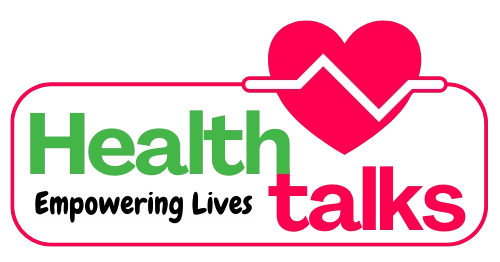
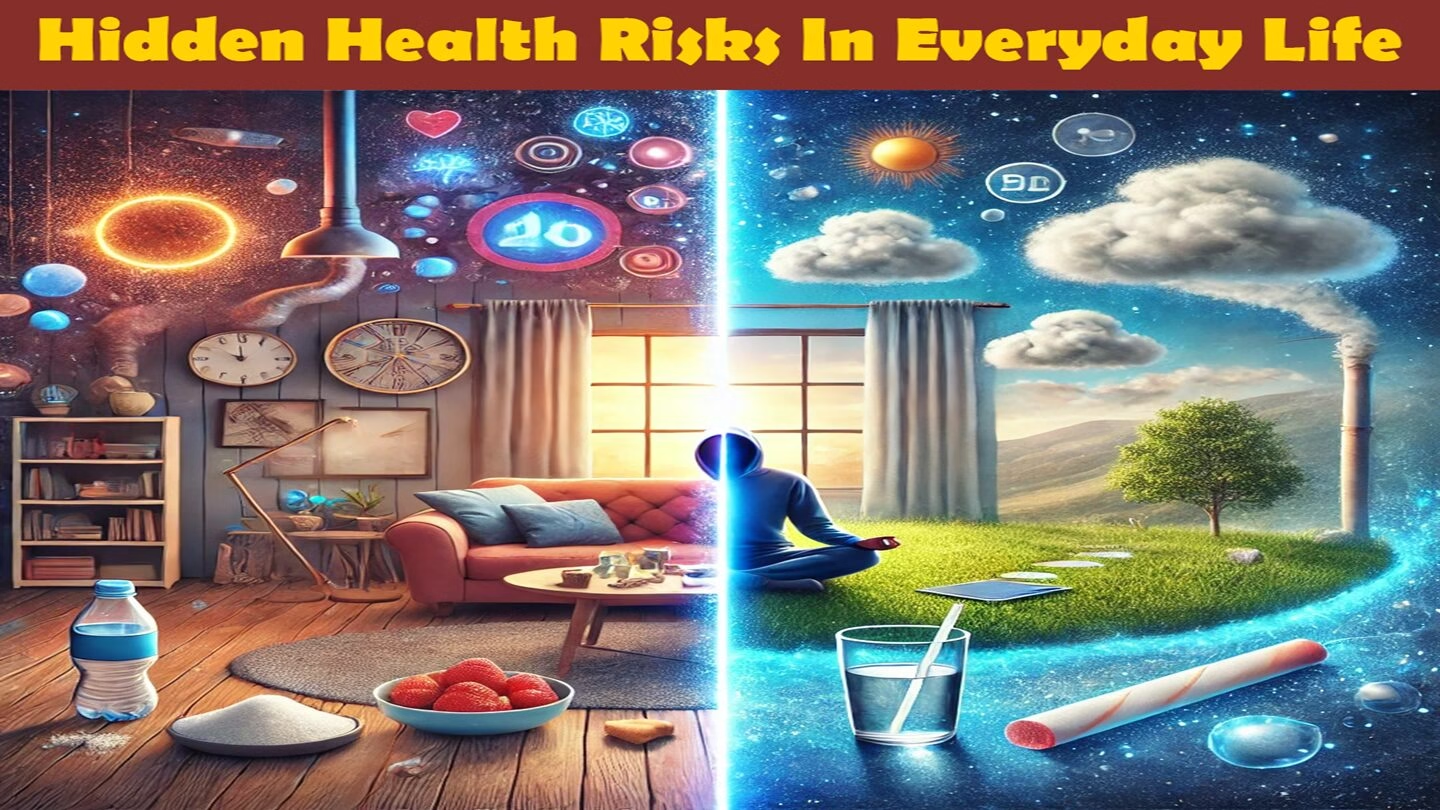


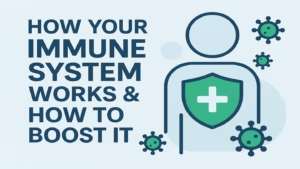
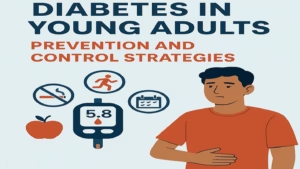

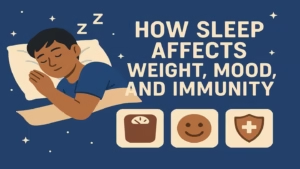
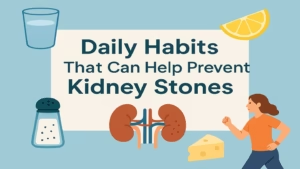
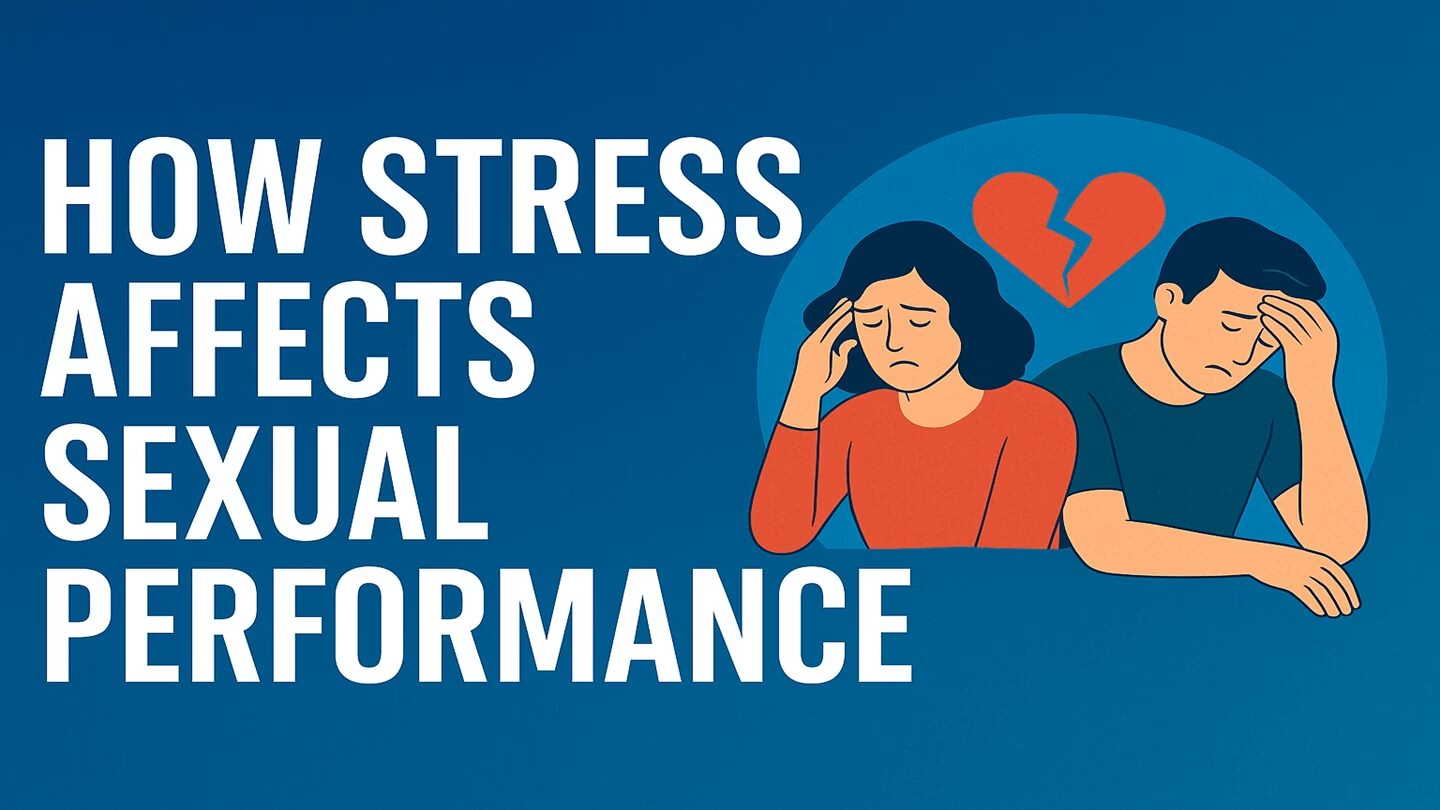

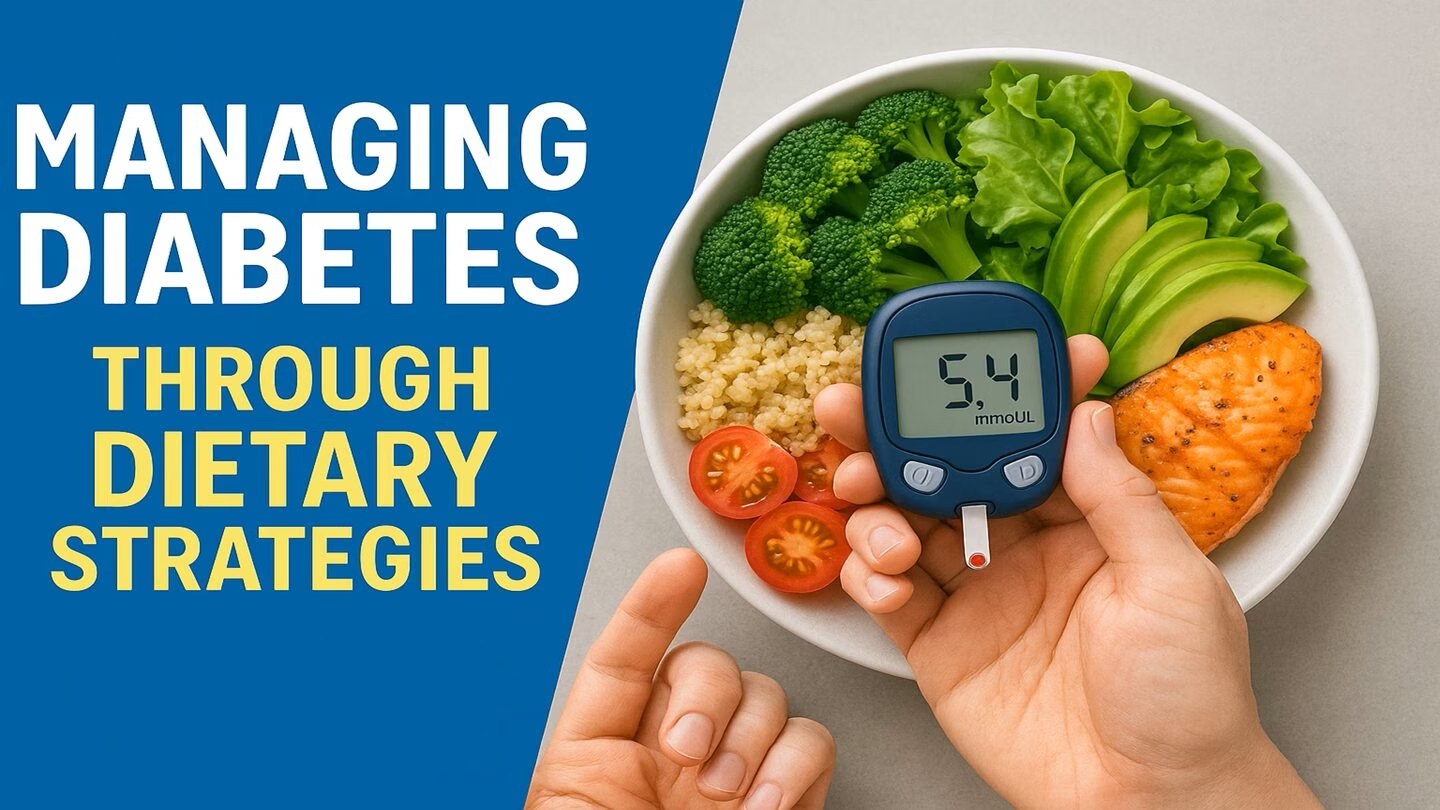
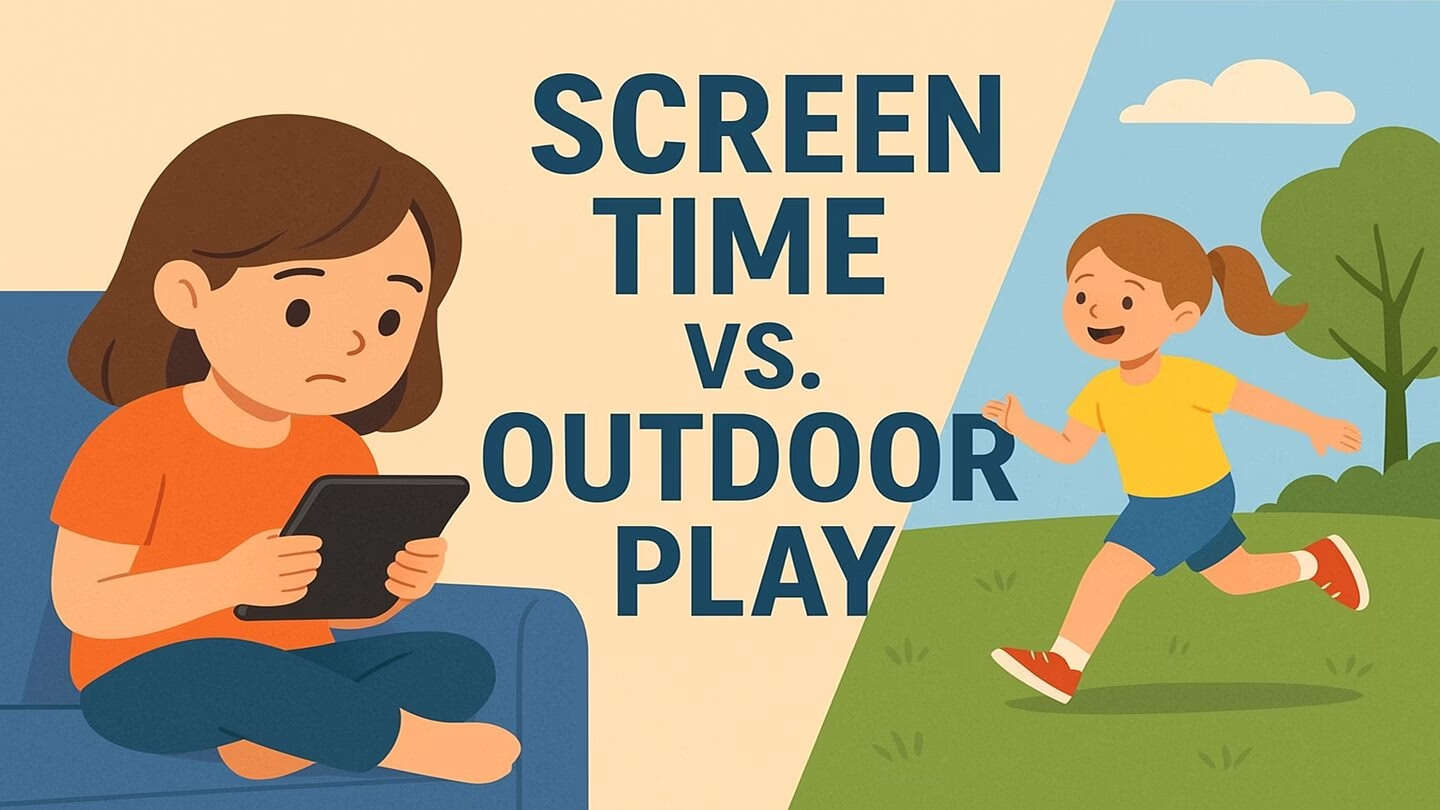

Add comment